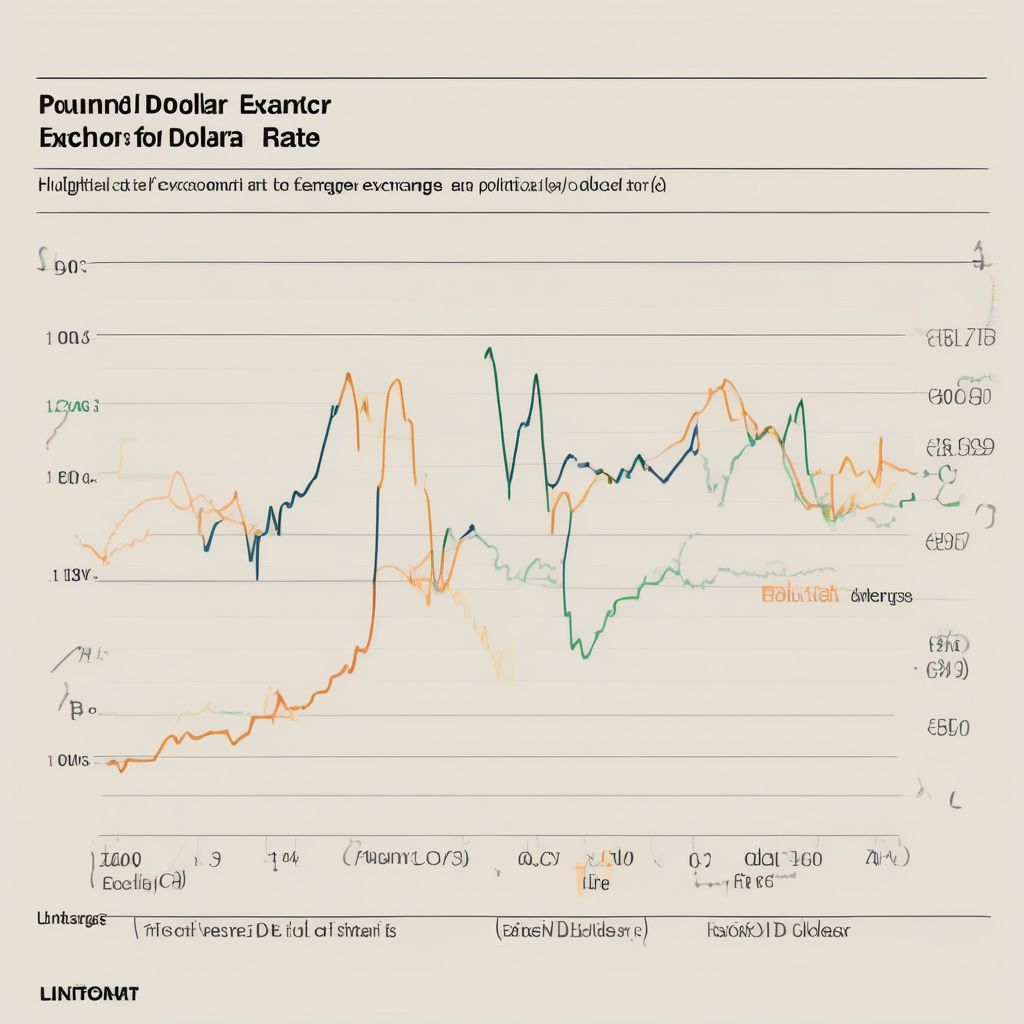Decentralized Cryptocurrency Exchanges (DEXs): The Future of Crypto Trading?

The world of cryptocurrency is constantly evolving, with new technologies and platforms emerging all the time. One such innovation that has gained significant traction is the decentralized cryptocurrency exchange (DEX). But what exactly are DEXs, and how do they differ from traditional centralized exchanges?
Understanding Decentralized Cryptocurrency Exchanges (DEXs)
In essence, a DEX is a peer-to-peer marketplace where cryptocurrency traders can transact directly with one another without the need for an intermediary, like a centralized exchange. Unlike centralized exchanges that hold custody of users’ funds, DEXs allow users to retain control over their private keys, offering greater security and anonymity.
yeucaymongbo.site/wp-content/uploads/2024/08/decentralized-exchange-66b6e6.jpg" alt="decentralized exchange" width="1024" height="1024">decentralized exchange
How DEXs Work: Smart Contracts and Liquidity Pools
DEXs achieve decentralization through the use of smart contracts, self-executing contracts written in code that automate the exchange of assets. These smart contracts are deployed on a blockchain, ensuring transparency and immutability.
One of the key components of a DEX is the liquidity pool. Liquidity pools are smart contracts that hold funds contributed by users known as “liquidity providers.” These pools enable traders to buy and sell cryptocurrencies without waiting for a matching order, as the liquidity is readily available.
Why Are DEXs Gaining Popularity?
Several factors contribute to the increasing popularity of DEXs:
- Enhanced Security: Since users retain control over their private keys, DEXs are less susceptible to hacking and theft that have plagued centralized exchanges.
- Increased Privacy: DEXs often require minimal KYC (Know Your Customer) information, affording users a higher degree of anonymity.
- Censorship Resistance: The decentralized nature of DEXs makes them resistant to censorship by governments or other authorities.
Key Considerations When Using a DEX
While DEXs offer numerous advantages, there are also some factors to consider before diving in:
- Scalability: DEXs can face scalability challenges, particularly during periods of high network congestion, leading to slower transaction speeds and higher fees.
- Complexity: The user interface and trading experience on some DEXs can be less intuitive compared to centralized exchanges, potentially posing a barrier to entry for newcomers.
- Impermanent Loss: Liquidity providers on DEXs can be exposed to impermanent loss, which occurs when the price of their deposited assets fluctuates significantly.
The Future of Crypto Trading?
Decentralized exchanges represent a significant step towards a more open and accessible financial system. While there are still hurdles to overcome, the continuous development of DEX technology suggests they could play a pivotal role in the future of cryptocurrency trading.
If you’re looking for a trading experience that prioritizes security, privacy, and control over your assets, exploring the world of DEXs could be a worthwhile endeavor. However, it’s crucial to thoroughly research and understand the intricacies of these platforms before making any investment decisions.


Leave a Comment